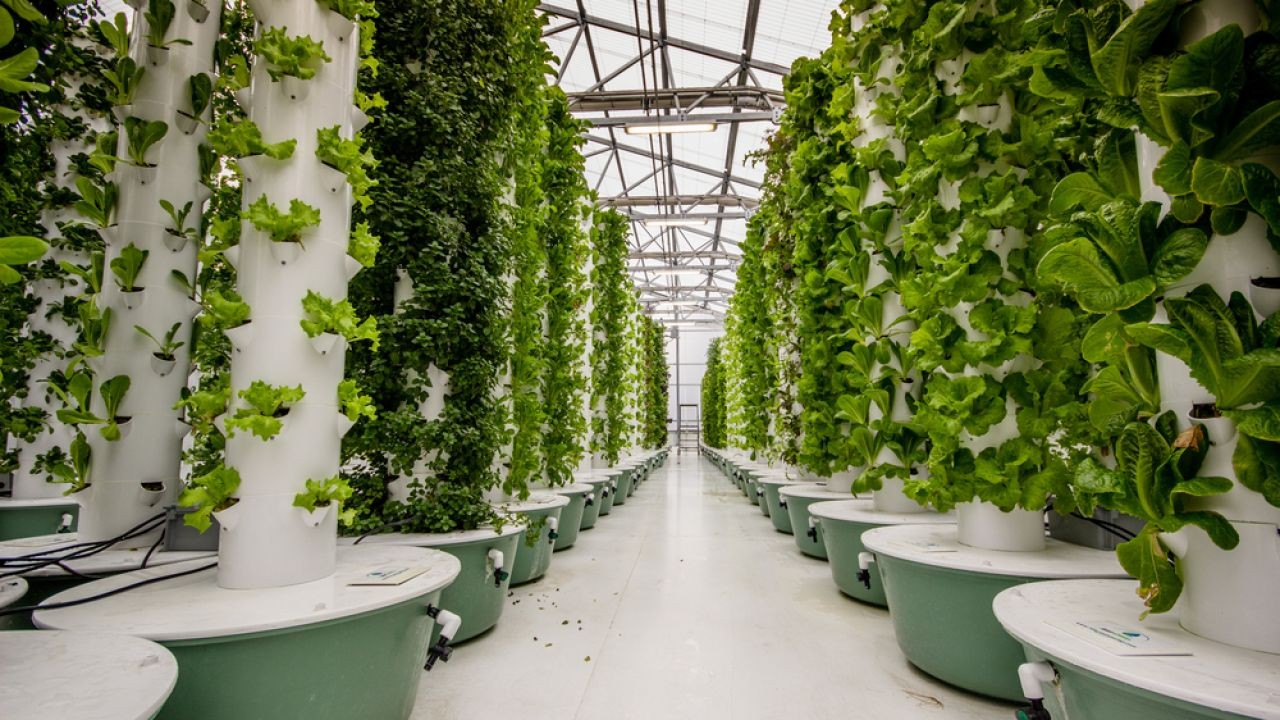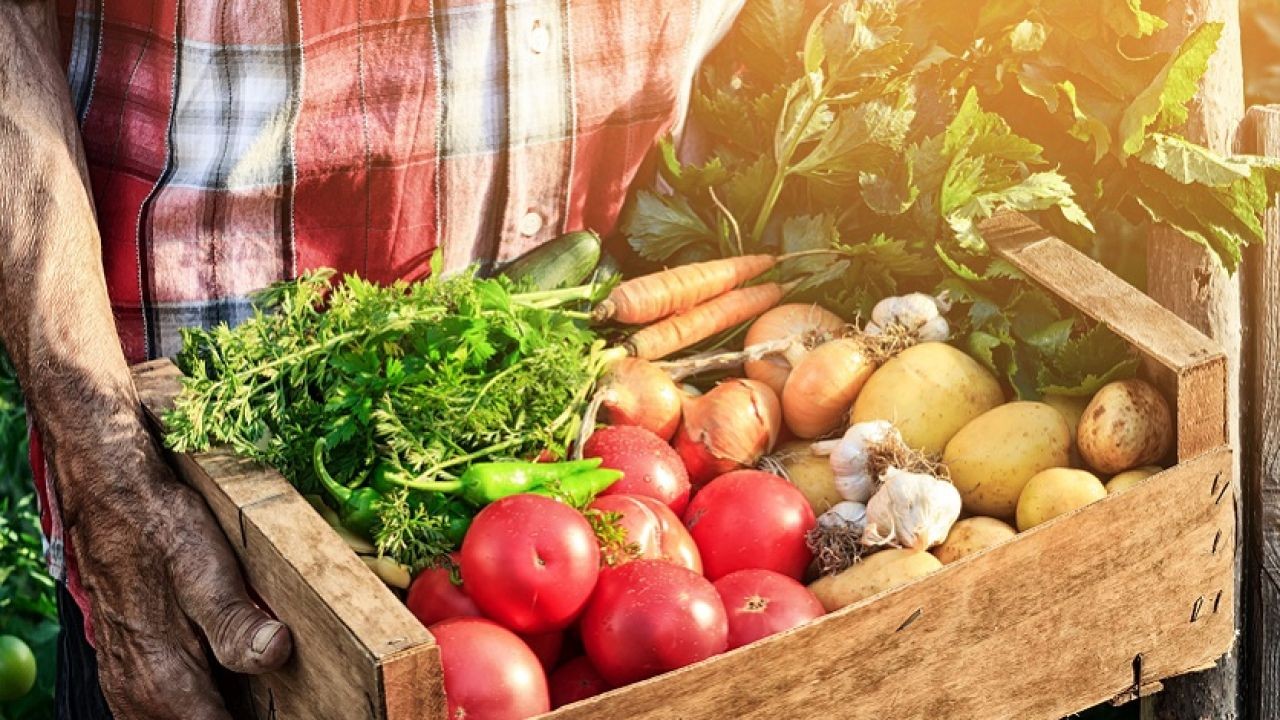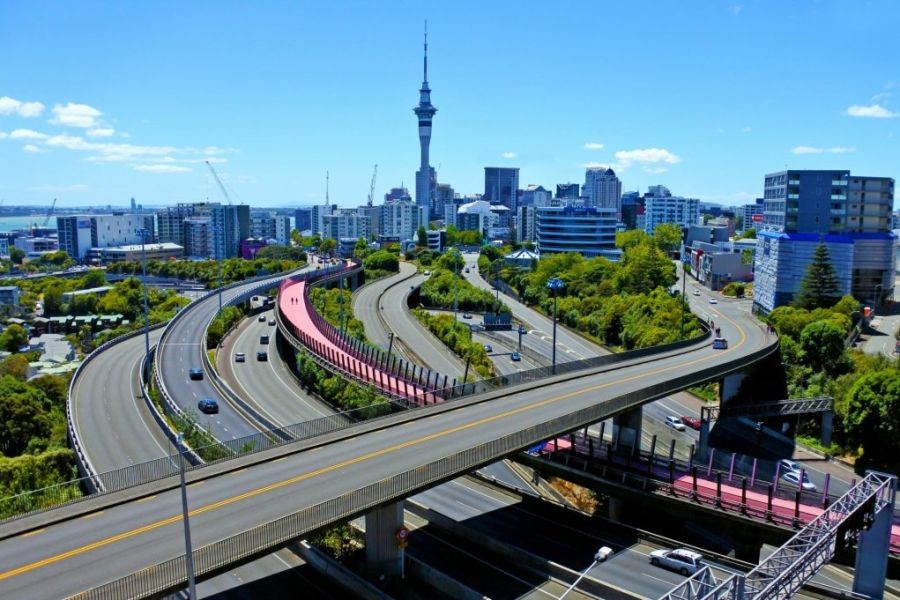In New Zealand, a nation renowned for its breathtaking landscapes and agricultural prowess, sustainable farming is not just a trend—it's a necessity. As the world grapples with climate change, resource scarcity, and biodiversity loss, New Zealand farms are increasingly leading the charge in sustainable practices that prioritize environmental health, economic viability, and social responsibility. This article delves into five of the most sustainable farms in New Zealand, showcasing their innovative approaches and the broader implications for the farming industry.
1. Pure New Zealand: The Benchmark in Organic Farming
The first stop on our exploration is Pure New Zealand, a farm that has set the bar high for organic and sustainable farming practices. Located in the lush Waikato region, this farm has embraced a holistic approach to agriculture, ensuring minimal environmental impact while maintaining high productivity levels.
Case Study: Pure New Zealand – Pioneering Sustainable Practices
Problem:
Pure New Zealand faced the challenge of maintaining soil fertility and crop yield without relying on chemical fertilizers and pesticides. This is a common issue among organic farms, which often struggle to balance sustainability with profitability.
Action:
The farm adopted a permaculture approach, integrating crop rotation, composting, and natural pest control methods. They also invested in solar energy to power their operations, reducing their carbon footprint significantly.
Result:
Within three years, Pure New Zealand saw a 30% increase in crop yield and a 50% reduction in operational costs due to decreased reliance on synthetic inputs. Their innovative farming techniques have been recognized globally, earning them organic certification and a loyal customer base.
Takeaway:
This case study highlights the potential for organic farms to achieve both environmental and economic success. New Zealand farms can adopt similar practices to enhance sustainability while boosting profitability.
2. The Carbon Farm: A Leader in Carbon Sequestration
In the Canterbury Plains, the Carbon Farm has emerged as a pioneer in carbon sequestration. By employing regenerative agriculture practices, this farm not only produces high-quality crops but also actively combats climate change by absorbing CO2 from the atmosphere.
Data-Driven Insight: Impact of Carbon Sequestration
According to a 2023 report by the Ministry of Primary Industries, farms practicing carbon sequestration in New Zealand could potentially offset up to 10% of the nation's total agricultural emissions by 2030. This underscores the significant role sustainable farms can play in achieving national climate goals.
3. Aoraki Farms: A Model for Biodiversity Enhancement
Aoraki Farms, located near Mount Cook, has gained recognition for its dedication to biodiversity. By maintaining natural habitats and planting native trees, the farm has created a thriving ecosystem that supports diverse wildlife.
Pros:
- Enhanced Ecosystem Services: Increased pollination and pest control from native species.
- Market Differentiation: Premium product pricing due to eco-friendly practices.
- Resilience to Climate Change: Diverse ecosystems are more adaptable to environmental changes.
Cons:
- Initial Costs: High investment in habitat restoration.
- Time-Consuming: Biodiversity benefits accrue over the long term.
4. Riverland Farms: Water Conservation Innovators
Water scarcity is a growing concern globally, and New Zealand is no exception. Riverland Farms in Hawke's Bay has tackled this issue head-on by implementing advanced water conservation techniques, such as drip irrigation and rainwater harvesting systems.
Myth: "Water conservation reduces farm productivity."
Reality: Riverland Farms increased productivity by 20% while reducing water usage by 40%, proving that efficient water management can enhance farm performance.
5. Glenmore Station: Leading in Renewable Energy Integration
Nestled in the Mackenzie Basin, Glenmore Station exemplifies the integration of renewable energy in farming. By harnessing wind and solar power, the farm has achieved energy self-sufficiency, drastically reducing its carbon footprint.
Future Trends & Predictions:
By 2028, it is projected that 40% of New Zealand farms will adopt renewable energy solutions, as per the New Zealand Energy Efficiency and Conservation Authority. This shift will not only reduce emissions but also lower operational costs, enhancing farm profitability.
Common Myths & Mistakes in Sustainable Farming
Myth: "Sustainable farming is not profitable."
Reality: Case studies and data show that sustainable practices can lead to higher profitability through cost savings and premium pricing.
Mistake: "Ignoring soil health in pursuit of yield."
Solution: Implement crop rotation and organic fertilizers to maintain soil fertility, ensuring long-term productivity.
Conclusion
New Zealand's sustainable farms are setting a global benchmark for eco-friendly agriculture. By embracing innovative practices, these farms are not only protecting the environment but also enhancing their economic viability. As the nation continues to prioritize sustainability, other farms can look to these pioneers for inspiration and guidance.
Ready to explore sustainable farming practices? Share your thoughts and experiences in the comments below!
People Also Ask (FAQ)
- How does sustainable farming impact New Zealand's economy? Sustainable farming enhances economic resilience by reducing costs and increasing market access for eco-friendly products.
- What are the biggest misconceptions about sustainable farming? A common myth is that it is not profitable, but data shows sustainable farms often achieve higher profitability through cost savings and premium pricing.
- What are the best strategies for implementing sustainable farming? Start with soil health management, water conservation, and renewable energy integration to achieve long-term sustainability.
- What upcoming changes in New Zealand could affect sustainable farming? Policy updates promoting renewable energy and carbon sequestration will shape the future landscape of sustainable farming.
- Who benefits the most from sustainable farming? Farmers, consumers, and the environment all benefit from sustainable farming practices, leading to healthier ecosystems and economies.
Related Search Queries
- Sustainable farming practices in New Zealand
- Organic farms in Waikato
- Carbon sequestration in agriculture
- Renewable energy in farming
- Biodiversity in agriculture
- Water conservation techniques for farms
- Future of sustainable farming in NZ
- Economic impact of sustainable farming
- Innovative farms in New Zealand
- Environmental benefits of sustainable agriculture































